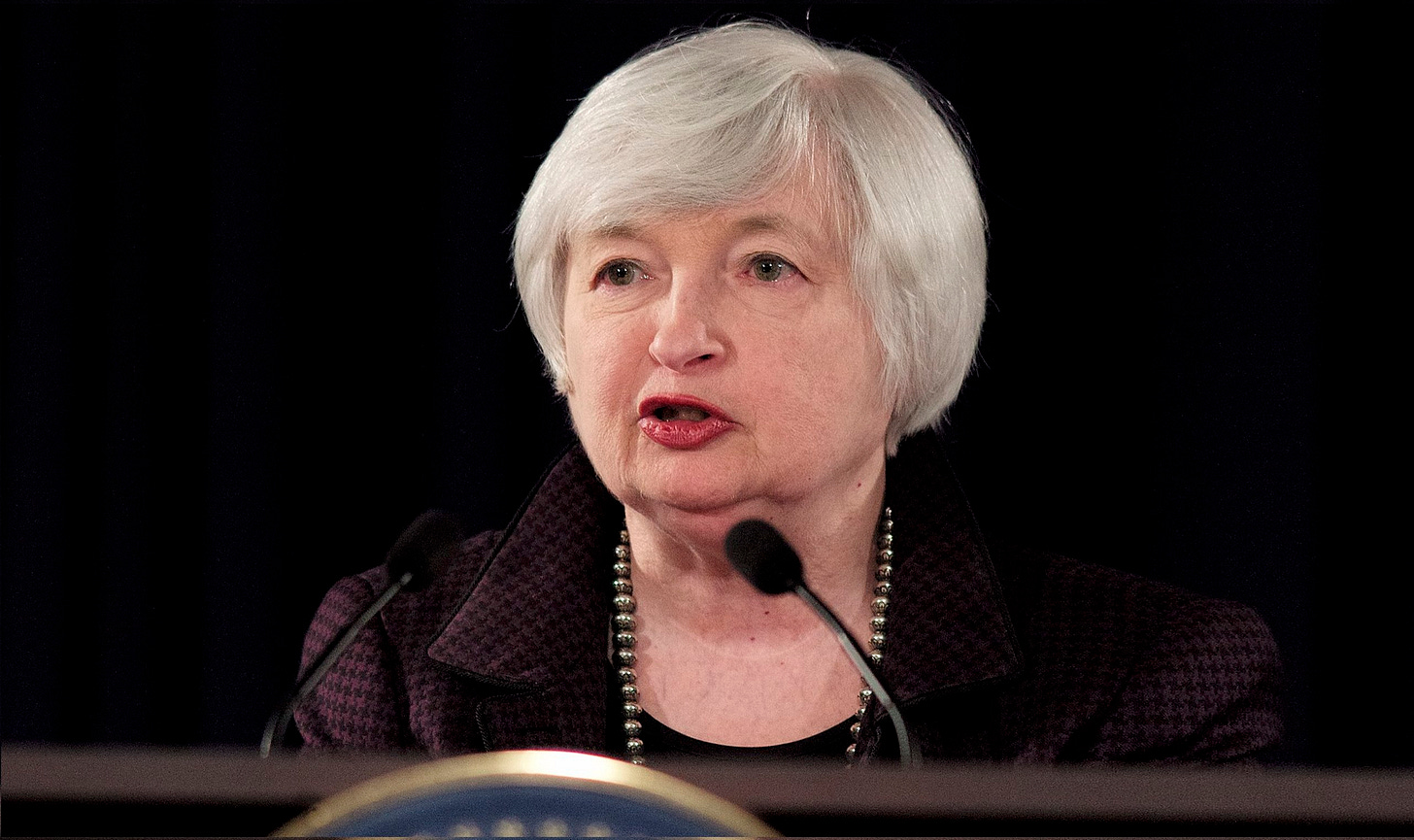U.S. Treasury Secretary Janet Yellen and the financial leaders of the other G7 nations (Canada, the United Kingdom, France, Germany, Italy, and Japan) recently agreed to a minimum corporate tax rate of 15 percent, and they are currently working to convince holdouts in the G20 nations to join the agreement.1
According to current proposals, the global minim…




